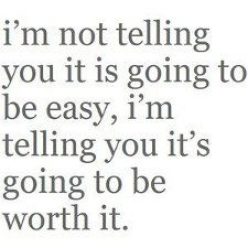A seventh grader sits in a restorative circle, throws her head back while raising her hands into air questioning the relevance of “all the emotions involved during and after assignments.” “Can’t we just get on with it? I know what I need to do.” As a high achieving student, the seventh grader does not see the value in reflection…yet. Why should she? As she mentioned in the restorative circle, she has never made the time on “all this emotional stuff.” She has a pathway to complete and an A to earn.
In John Hattie’s research and in AJ Juliani’s blog and book Empower, reflection is a key component to student achievement. Self- Assessment or Student Expectations…are types of reflections that allow students to exercise their metacognitive ability- think about their own thinking. As the high achieving seventh grader is ready to conquer the tasks to achieve the “A”, what she also needs to recognize is that these teacher created tasks and grades will not necessarily empower her later in life. Self-reflection will! Reflection drives agency toward effort and efficacy when problem solving. It provides time to exercise how to independently organize various coping skills needed, strategies and tools for various context situations. While learning, collaborating, or setting goals students should have time to answer questions like:
- What will I need in the future to do better?
- What were some barriers toward my progress?
- Where did I struggle?
- What questions do I still have?
More great reflection questions at click here.

Answering questions regarding specific content facts do provide our students for something. To prepare our students for anything; reflection is key! There is a seventh grade student needing to unravel the value in reflecting- the empowerment of agency.
